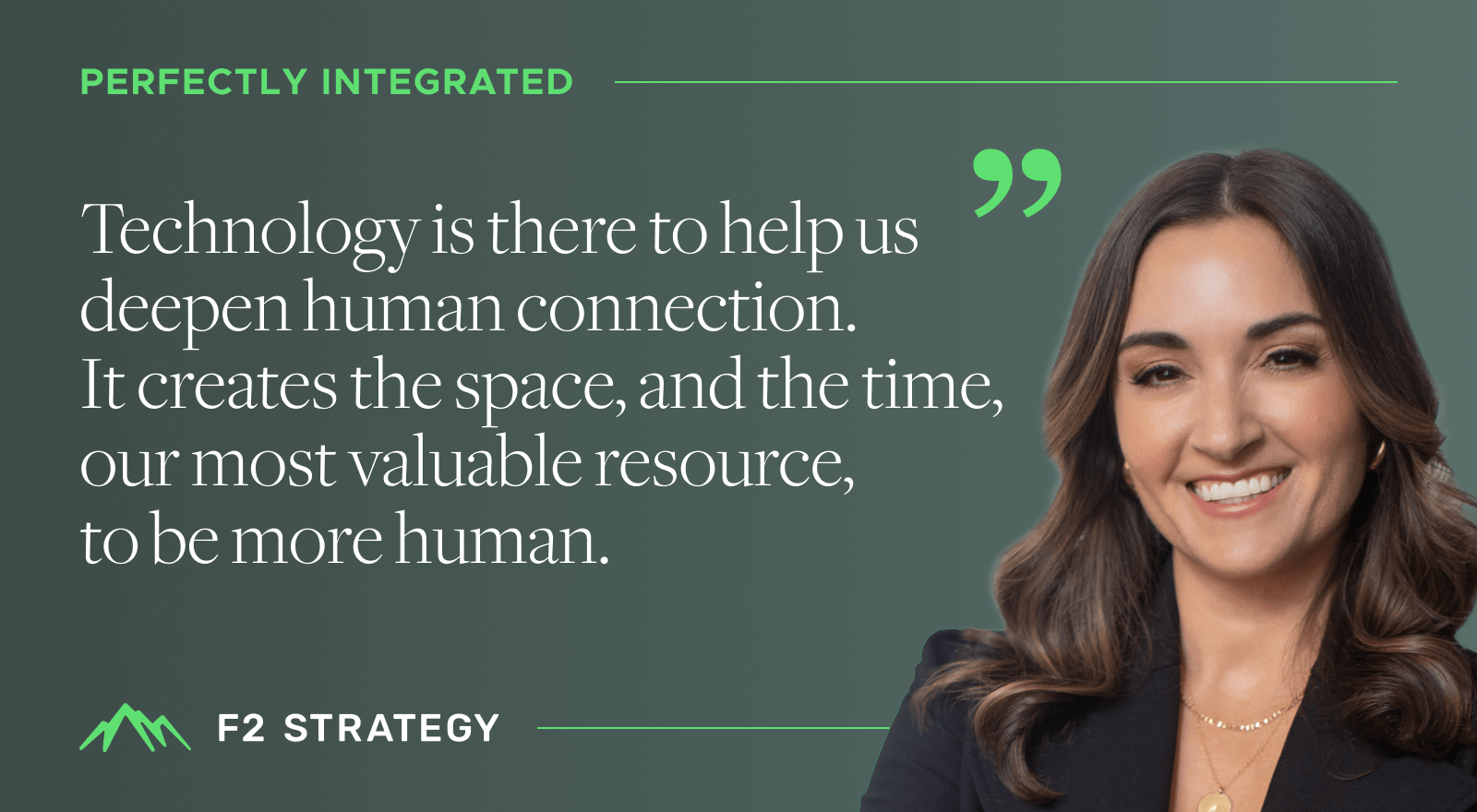
Transitioning to a new CRM system involves many different people and countless decisions to make. Keeping all of the people and pieces of the project connected is an essential action to ensure success. After discussing transitioning legacy systems, best practices for customization and contract negotiation, we’ll conclude our series of insight articles on CRM implementation by covering the importance of appointing a project manager and developing a strong communications campaign.
Why Clear and Regular Communications are Needed
Every firm going through a CRM implementation needs to manage firmwide expectations throughout the entire process. Establishing regular project update and change alert communications aligns everyone on the project goals and timelines. They will explain deadlines, delays and ultimately drive end-user adoption across the firm. They will also connect the implementation team with leadership.
Appoint a Project and Communications Manager
Because of the extremely technical work involved in CRM implementation, the communications campaign should be led by a dedicated project and communications role. This will allow the technology team to keep its focus on building out the product, not building communications. The CRM project and communications manager should be an integral part of the team so that they can serve as the translator between business and technology teams.
The manager must also keep the technology team on track with the schedule and handle the components of the rollout that are not technical. This will likely include training materials, a communication strategy and the resources users will need when the CRM goes live.
Establish Internal Steering and Advisory Teams
To support the success of the project, internal steering and advisory teams should be established and meet regularly.
The steering team is made up of the firm’s decision-makers and is a place where the project manager can escalate issues to get key decisions made and keep the implementation moving forward.
The advisory team should include the CRM’s end-users in the customization process. Their feedback is invaluable in refining the system to meet actual business needs. It will allow the technology team to only add features that users find helpful, saving time and furthering adoption.
A Cohesive Plan
Together, all the articles in this insight series should give firms the strategies they need to choose a CRM system that meets their current needs while preparing for long term business growth. The series also helps firms streamline the process of implementing the system and keep everyone informed.
Articles in CRM Series
- Transitioning Your Legacy System to a New Solution
- Best Practices for Customization
- Contract Negotiation
- Project Management and Communication
Manage your CRM implementation effectively with expert support. Get in touch to learn more.

.png)


